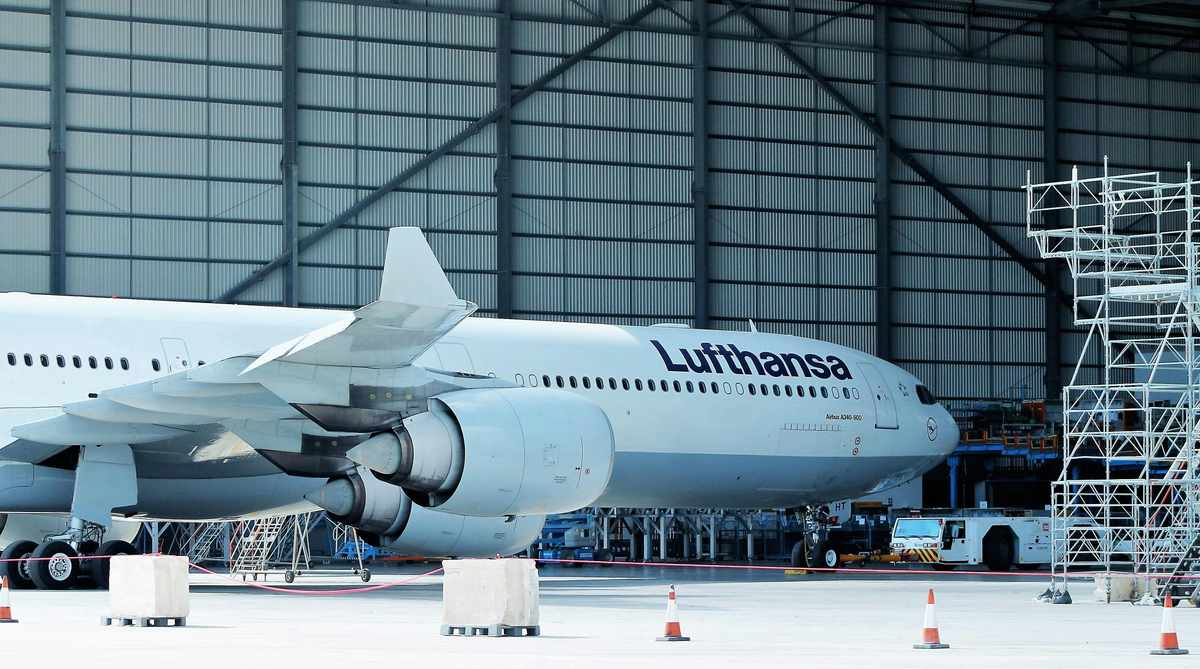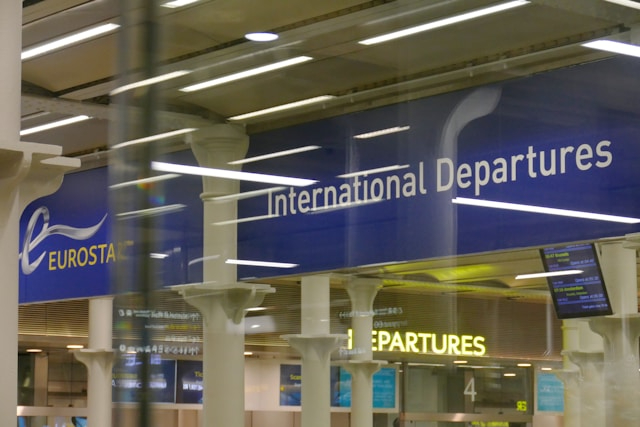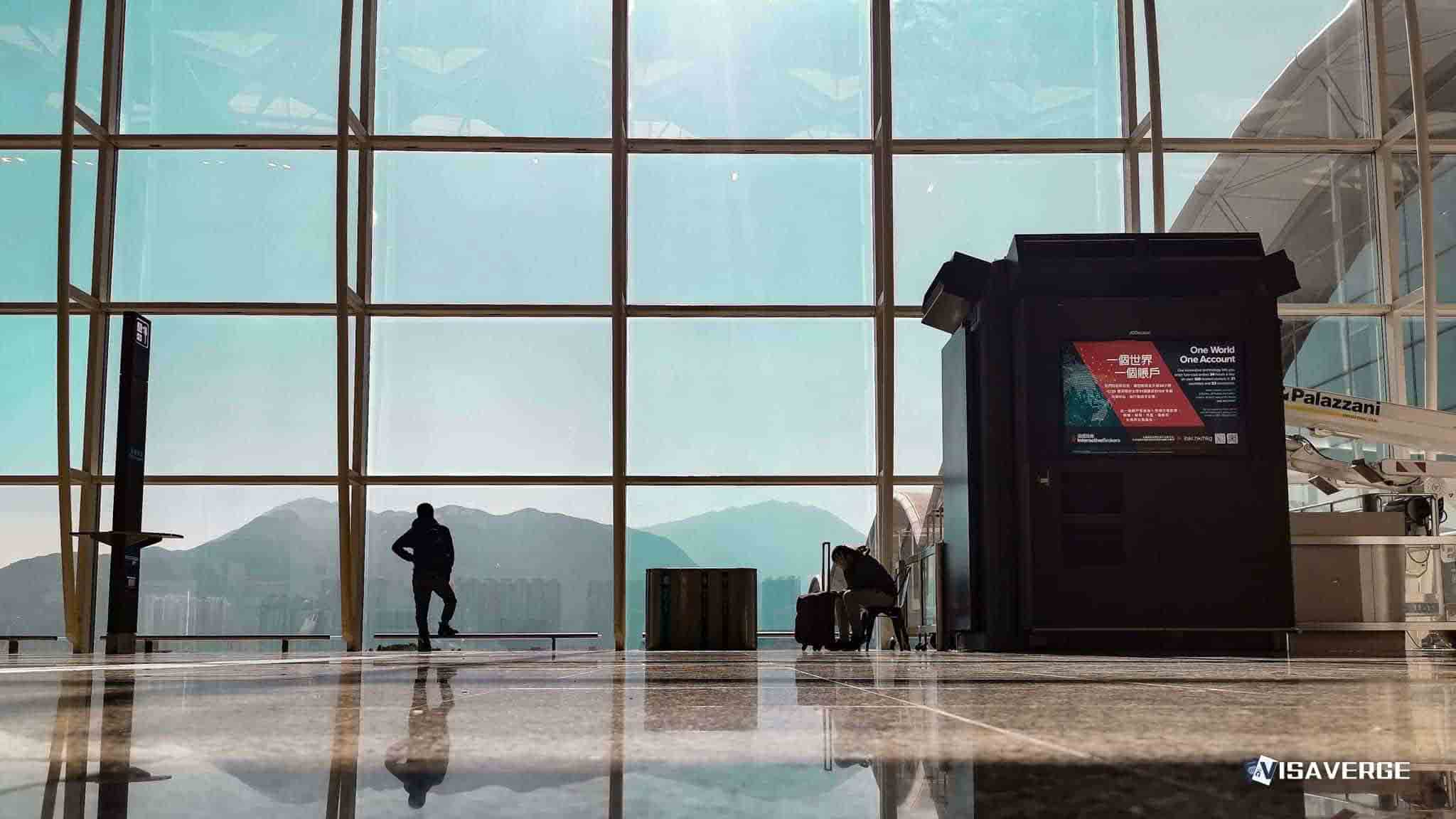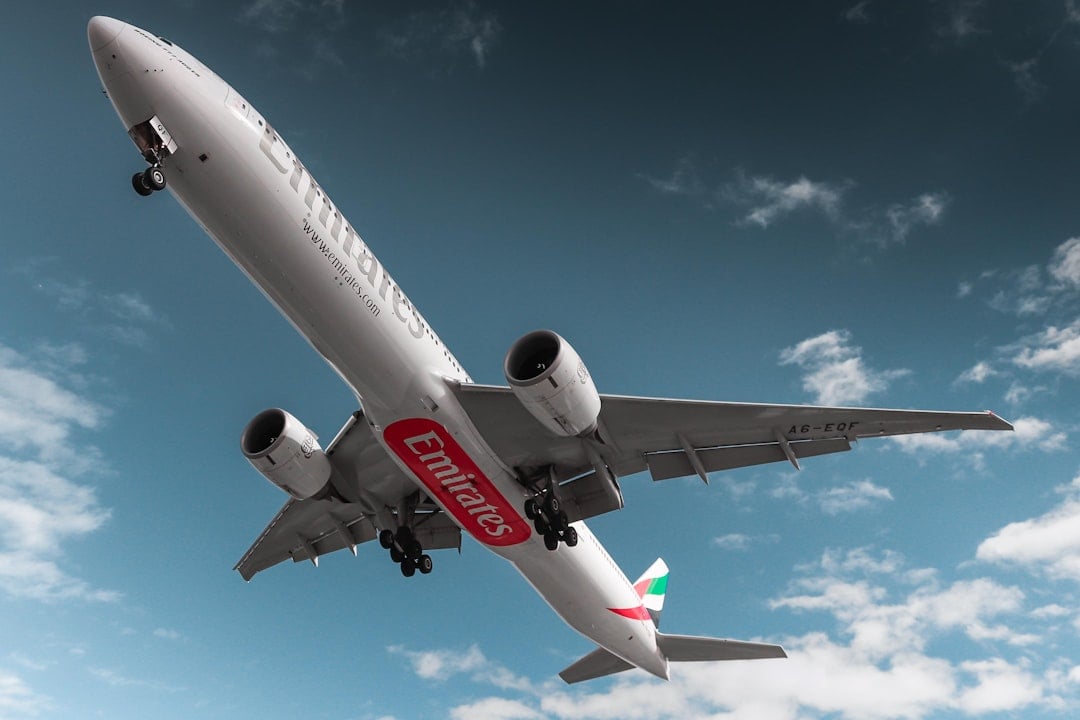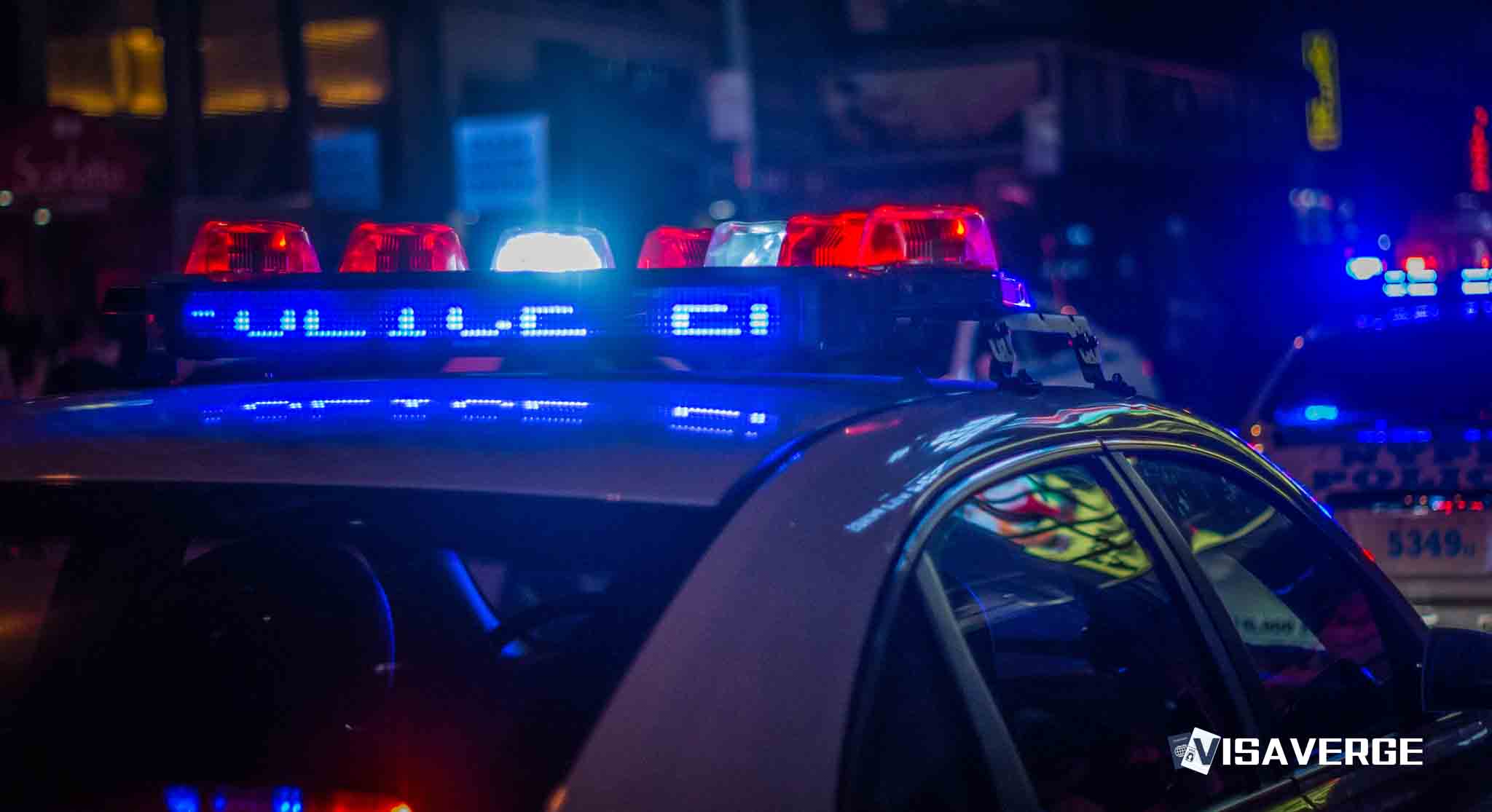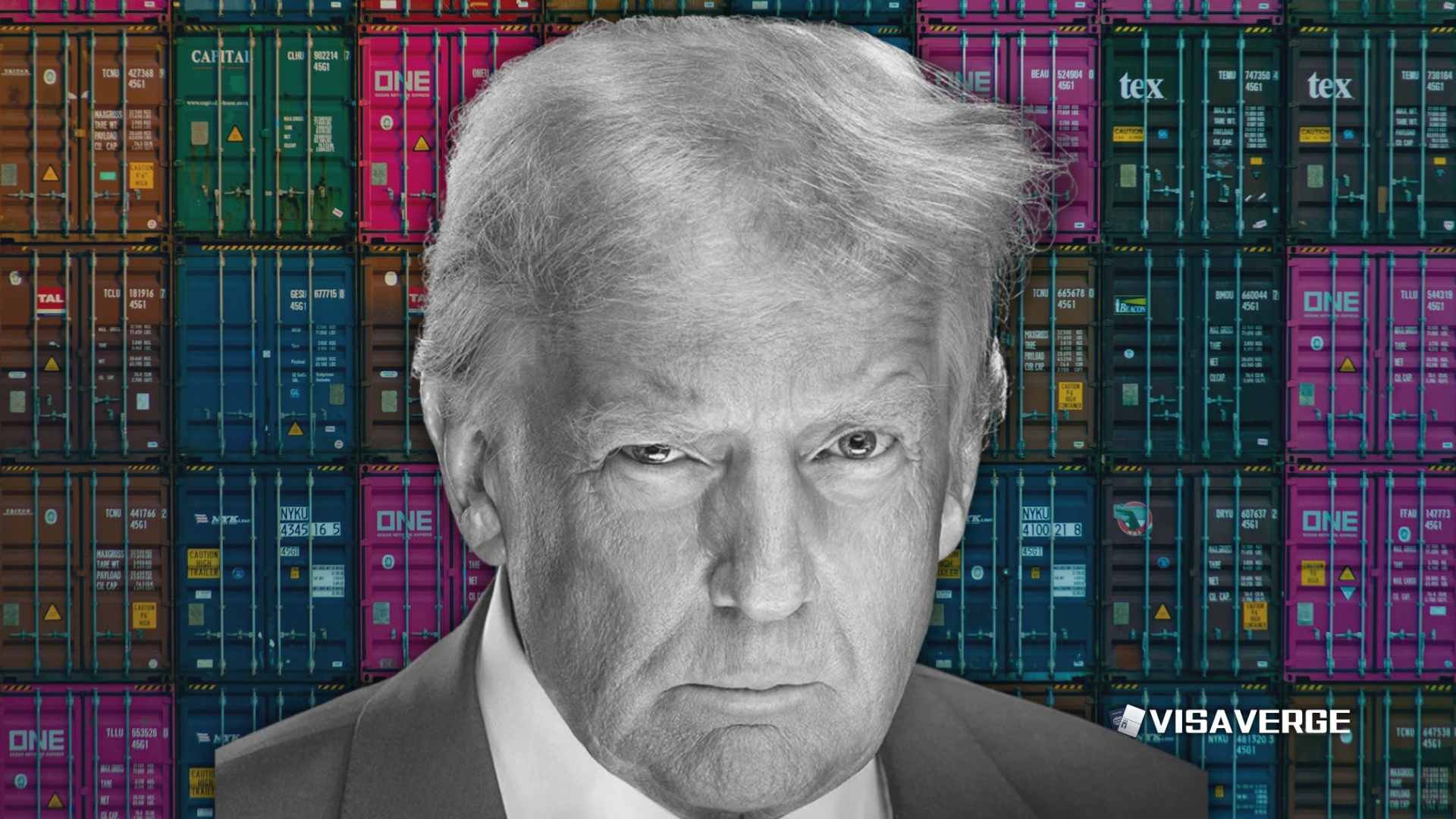Key Takeaways
• U.S. airlines earned a record $7.27 billion in checked baggage fees in 2024.
• Southwest started charging $35 for the first and $45 for the second checked bag in May 2025.
• JetBlue uses dynamic pricing, with bag fees varying between $35-$70 based on demand and timing.
U.S. Airlines Set Record with $7.27 Billion in Checked Baggage Fees: What Travelers Need to Know
In 2024, airline passengers in the United States 🇺🇸 paid a record $7.27 billion in checked baggage fees, according to the Bureau of Transportation Statistics. This new high surpasses all pre-pandemic levels and marks a major shift in how airlines generate revenue. The change is especially significant as Southwest Airlines, long known for allowing two free checked bags, began charging for checked luggage for the first time in its 54-year history. At the same time, JetBlue introduced dynamic, surge-style pricing for checked bags, making fees unpredictable and often higher during busy travel periods.
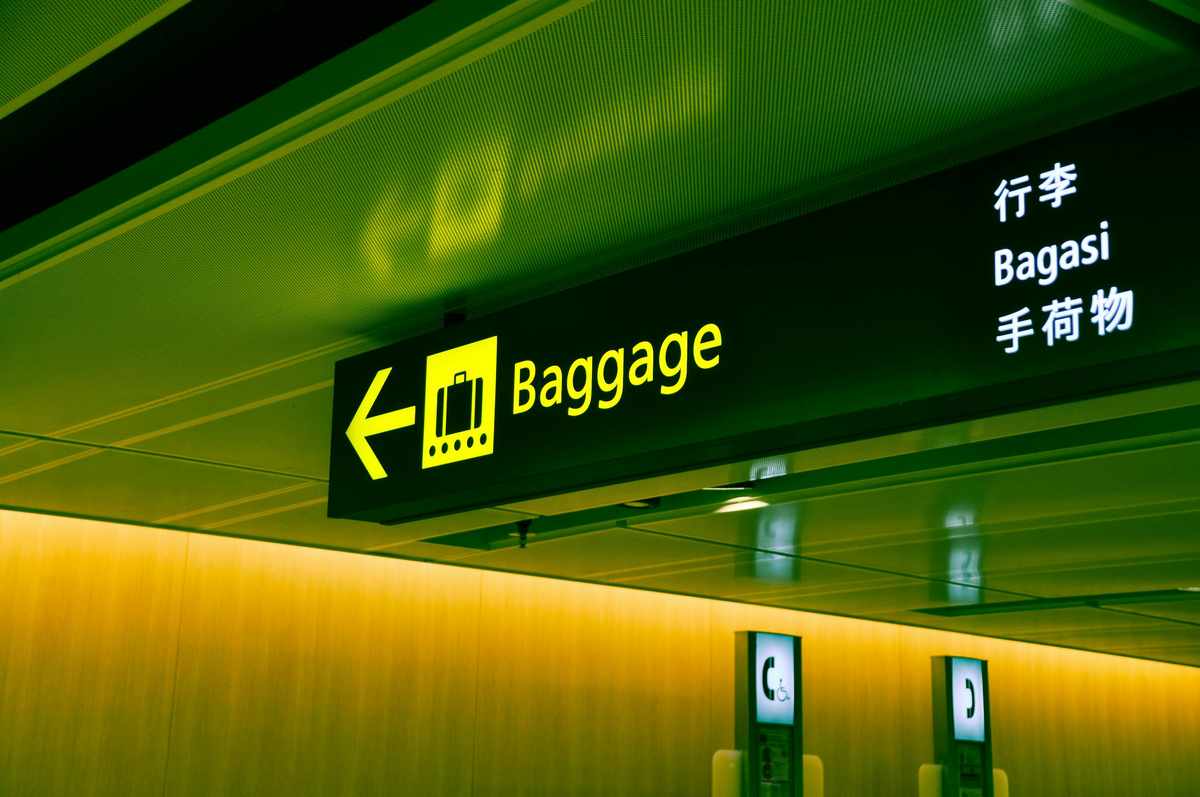
This article breaks down what these changes mean for travelers, why airlines are making these moves, and how passengers can manage rising costs. We’ll also look at the broader impact on the airline industry, investors, and consumer rights.
Why Are Checked Baggage Fees So High in 2024?
The main reason for the record $7.27 billion in checked baggage fees is that airlines have made these charges a core part of their business. Since the pandemic, airlines have faced higher fuel prices, increased labor costs, and pressure from investors to boost profits. Instead of raising ticket prices, which can scare away customers, airlines have focused on extra fees—especially for checked bags.
According to analysis by VisaVerge.com, checked baggage fees have grown steadily over the past few years:
- 2019: $5.76 billion
- 2020: $2.84 billion (pandemic low)
- 2021: $5.3 billion
- 2022: $6.7 billion
- 2023: $7.07 billion
- 2024: $7.27 billion (record high)
This steady increase shows that airlines are relying more on these fees to stay profitable, especially as competition keeps ticket prices low.
Southwest Airlines Ends Free Checked Bags
For decades, Southwest Airlines stood out by letting passengers check two bags for free. This policy was a big reason many families and budget travelers chose Southwest over other airlines. But on May 28, 2025, Southwest began charging $35 for the first checked bag and $45 for the second. This change applies to all flights booked on or after that date.
Who still gets free checked bags on Southwest?
- Business Select/Choice Extra and A-List Preferred customers: Two free checked bags
- A-List and Chase Rapid Rewards credit card holders: One free checked bag
Southwest Airlines CEO Bob Jordan explained that the new fees are needed to “attract new customer segments” and “return to the levels of profitability that both we and our shareholders expect.” The decision came after pressure from investors and rising costs.
For many travelers, this change means Southwest is no longer different from other major airlines when it comes to checked baggage fees.
JetBlue’s Dynamic Pricing: Surge Fees for Checked Bags
JetBlue has taken a different approach by introducing dynamic, Uber-style surge pricing for checked bags. This means the cost to check a bag can change depending on:
- Season: Fees are higher during holidays and busy travel times
- Demand: If more people are flying, fees go up
- Timing: The closer you get to your flight, the more you might pay
For example, JetBlue’s first checked bag fee can range from $35 to $50, and the second bag can cost $50 to $70. If you wait until the last minute or travel during a peak season, you’ll likely pay the highest rates.
This new system makes it harder for travelers to know exactly how much their trip will cost. It also means that planning ahead and booking early can save money.
How Other Airlines Are Raising Checked Baggage Fees
Southwest and JetBlue aren’t alone. Most major U.S. airlines have raised their checked baggage fees in 2024 and plan to increase them again in 2025. Here’s a summary of the latest fees:
| Airline | 1st Bag Fee | 2nd Bag Fee | Notable Policy Changes (2024–2025) |
|---|---|---|---|
| Southwest | $35 | $45 | First time charging for 1st/2nd bag (May 2025) |
| American | $35 | $45–$50 | Fee increase in 2024 |
| Delta | $35 | $45 | Fee increase in 2024, more in 2025 |
| United | $35 | $45 | Fee increase in 2025 |
| JetBlue | $35–$50 | $50–$70 | Dynamic pricing, surge fees |
| Frontier/Spirit | Variable | Variable | Fees vary by route, timing, and method |
Budget airlines like Frontier and Spirit have highly variable fees, depending on the route, when you pay, and how you pay (online, at the airport, etc.).
What Does This Mean for Passengers?
Higher Travel Costs
The most obvious effect is that travelers now pay more for checked bags. If you’re flying with family or need to check more than one bag, these costs can add up quickly. For example, a family of four checking one bag each could pay $140 just for luggage on a round-trip flight.
Less Choice and More Confusion
With Southwest now charging for checked bags, all major U.S. airlines have similar baggage fee policies. This reduces consumer choice and makes it harder to find a “free bag” option. JetBlue’s dynamic pricing adds another layer of confusion, as fees can change based on demand and timing.
Perks for Elite and Credit Card Holders
Some travelers can still avoid checked baggage fees. If you have elite status with an airline or use an airline-branded credit card, you may get one or two free checked bags. However, these perks are now more valuable—and sometimes harder to get—as airlines tighten their rules.
Unpredictable Costs
Dynamic pricing and variable fees mean it’s harder to know your total trip cost when booking. This can be frustrating for families, students, and anyone trying to stick to a budget.
Why Are Airlines Raising These Fees?
Airline executives say they need to raise checked baggage fees because of:
- Rising fuel prices: Jet fuel is one of the biggest costs for airlines.
- Higher labor costs: Wages for pilots, flight attendants, and ground staff have gone up.
- Investment in new planes and technology: Airlines are spending more to upgrade their fleets and improve operations.
- Pressure from investors: Shareholders want airlines to be profitable, and baggage fees are a steady source of income.
Checked baggage fees are less sensitive to competition than ticket prices. Even if airlines compete on fares, they can still make money from extra fees.
How to Save Money on Checked Baggage Fees
If you want to avoid or reduce checked baggage fees, here are some practical steps:
- Check the Airline’s Policy: Before booking, visit the airline’s website to see the latest baggage fees. Policies can change quickly, so always double-check.
- Book Early: For airlines like JetBlue that use dynamic pricing, booking your flight and adding bags early can save you money.
- Add Bags During Booking: It’s usually cheaper to pay for checked bags when you book your ticket, rather than at check-in or at the airport.
- Use Credit Cards or Elite Status: Many airline credit cards offer at least one free checked bag. If you fly often, consider joining the airline’s loyalty program to earn elite status.
- Pack Light: If possible, use only carry-on luggage. But be aware that some budget airlines also charge for carry-on bags.
- Watch Size and Weight Limits: Oversized or overweight bags come with extra fees, sometimes as much as $100 or more per bag.
What Do Industry Experts and Consumer Advocates Say?
Industry analysts believe that higher and more variable baggage fees are here to stay. Airlines see these fees as a way to deal with unpredictable costs and keep ticket prices competitive.
Consumer advocates, however, warn that the growing number of extra fees makes it harder for travelers to compare prices and plan their budgets. They argue that airlines should be more transparent about total costs.
Financial experts point out that while baggage fees are unpopular, they are now a key part of airline profits. Investors watch these numbers closely, and airlines are under pressure to keep them growing.
The Role of the U.S. Government
The U.S. Department of Transportation (DOT) monitors airline fees and requires airlines to clearly disclose all charges. However, there are currently no rules that limit how much airlines can charge for checked bags. The DOT also tracks complaints about baggage handling and lost luggage.
If you have a problem with baggage fees or lost luggage, you can file a complaint with the DOT’s Aviation Consumer Protection Division. For more information, visit the official DOT air consumer website.
Historical Background: How Did We Get Here?
Before 2008, most U.S. airlines included checked bags in the ticket price. But after the 2008 financial crisis, airlines started charging for checked bags to make up for lost revenue. Since then, fees have gone up almost every year.
The COVID-19 pandemic caused a sharp drop in air travel and baggage fee revenue in 2020. But as travel bounced back, so did the fees. By 2024, checked baggage fees hit a new record, and airlines are now more dependent on these charges than ever.
What’s Next? The Future of Checked Baggage Fees
Most experts expect checked baggage fees to keep rising in 2025 and beyond. Airlines have already announced plans to raise fees by another $5 to $15 per bag. Dynamic pricing models, like those used by JetBlue, are likely to spread to other airlines, making fees even more unpredictable.
At the same time, consumer frustration is growing. Some advocacy groups are calling for new rules to limit baggage fees or require airlines to show the total cost of a trip up front. So far, regulators have not set any caps, but this could change if public pressure increases.
Practical Guidance for Travelers
If you’re planning to fly in the United States 🇺🇸, here’s what you can do:
- Always check baggage fees before booking. Don’t assume they’re the same as last year.
- Book early and add bags during booking to get the lowest possible fee.
- Use credit cards or loyalty programs to get free checked bags if you qualify.
- Pack carefully to avoid overweight or oversized bag charges.
- Keep receipts and documentation in case you need to file a complaint.
Implications for Different Groups
Immigrants and International Travelers
For immigrants and international travelers, checked baggage fees can be a major burden, especially when moving with family or bringing personal belongings. The unpredictability of fees makes it harder to budget for travel. Some may need to ship items separately to save money.
Families and Students
Families traveling with children or students moving for school often need to check multiple bags. The new fees mean higher costs, and dynamic pricing can make planning even more difficult.
Business Travelers
While many business travelers have elite status or use company credit cards that cover baggage fees, those without these perks will face higher out-of-pocket expenses.
Airlines and Investors
For airlines, checked baggage fees are now a reliable and growing source of income. Investors see these fees as a sign of financial health, and airlines are likely to keep raising them as long as customers keep paying.
Where to Find Official Information
For the most up-to-date information on checked baggage fees and airline policies, visit:
- Bureau of Transportation Statistics (BTS) – Official data on airline fees and performance
- U.S. Department of Transportation (DOT) Air Consumer Protection – Consumer rights and complaint filing
- Airline websites:
Conclusion
Checked baggage fees have become a central part of how airlines in the United States 🇺🇸 make money. With a record $7.27 billion collected in 2024, and all major airlines—including Southwest Airlines—now charging for checked bags, travelers face higher and more unpredictable costs. JetBlue’s dynamic pricing adds even more uncertainty, and most airlines plan to raise fees again in 2025.
While these fees help airlines stay profitable and keep ticket prices low, they also make travel more expensive and confusing for passengers. As reported by VisaVerge.com, the trend toward higher and more variable checked baggage fees is likely to continue, unless new rules are put in place.
Travelers should stay informed, plan ahead, and use every available perk to reduce costs. For official information and consumer rights, the U.S. Department of Transportation’s air consumer website is a trusted resource. By understanding the latest changes, passengers can make smarter choices and avoid surprises at the airport.
Learn Today
Checked Baggage Fees → Charges airlines apply for luggage checked into the plane’s cargo hold during travel.
Dynamic Pricing → A pricing strategy where fees fluctuate based on demand, timing, or season.
Elite Status → A frequent flyer tier offering benefits like free checked bags and priority service.
Investor Pressure → Expectations from shareholders demanding higher airline profits influencing fee increases.
Bureau of Transportation Statistics → U.S. government agency providing official data on transportation and airline fees.
This Article in a Nutshell
In 2024, U.S. airlines broke records collecting $7.27 billion in checked baggage fees. Southwest ended its free bags policy, and JetBlue introduced fluctuating surge pricing. Travelers now face unpredictable and higher luggage costs, fundamentally transforming air travel expenses across major carriers nationwide.
— By VisaVerge.com


